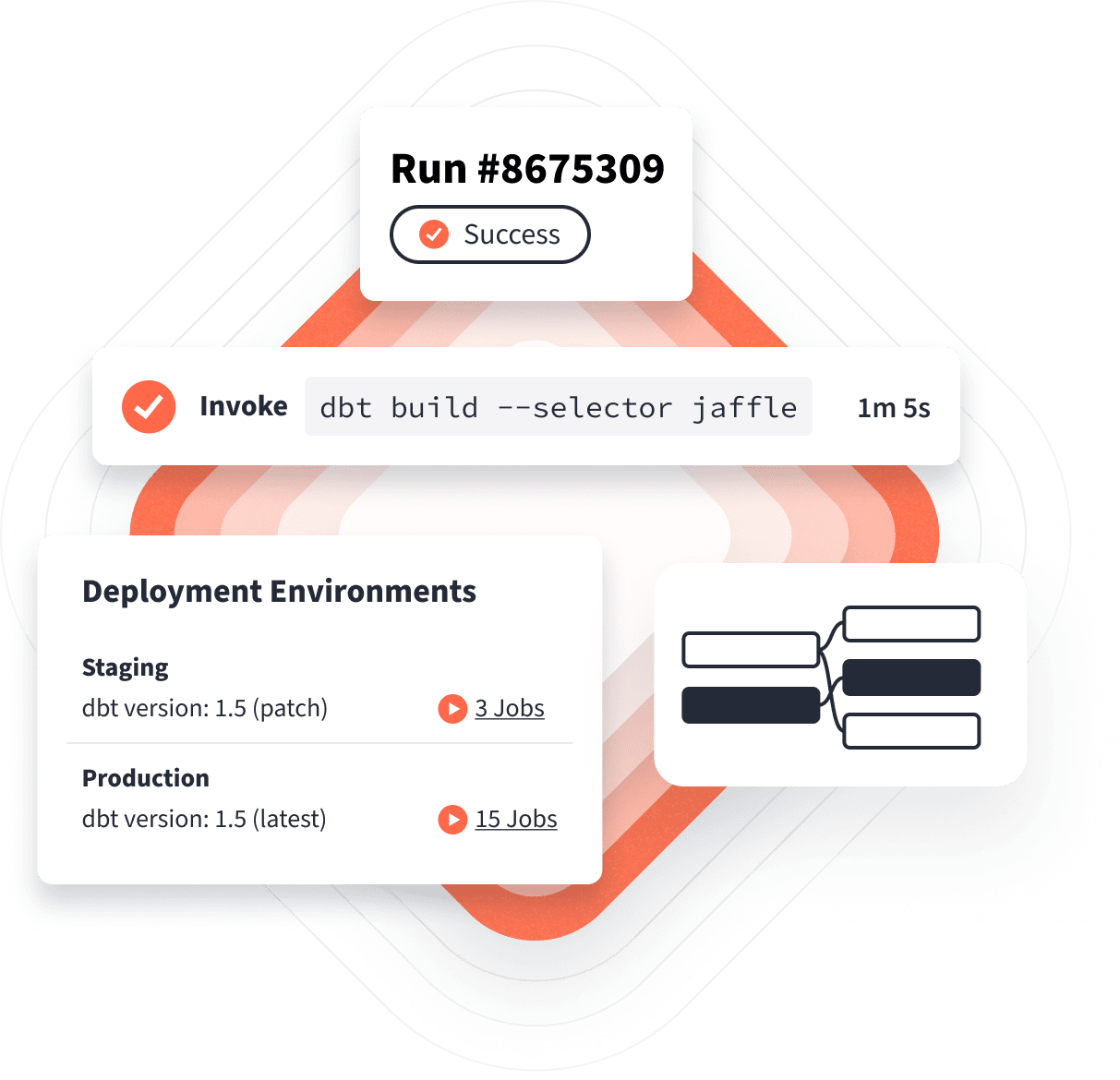Explore the nuances of dbt Core vs dbt Cloud to uncover the ideal solution for your data transformation requirements. By considering the distinctions between these two platforms, you can make an informed decision on whether the flexibility of dbt Core or the convenience of dbt Cloud aligns better with your data transformation goals. Understanding the unique features and benefits of each option will empower you to streamline your data transformation workflows effectively and efficiently.
Understanding dbt Core
dbt Core is the open-source version of dbt (data build tool), which is a popular data transformation tool used by data engineers and analysts. It allows you to define and execute data transformation workflows in SQL, making it easier to manage and maintain your data pipelines.
With dbt Core, you have full control over your data transformation process. You can write SQL code to define your transformations, and dbt Core will handle the execution and orchestration of these transformations.
One of the key benefits of dbt Core is its flexibility. You can define complex transformations using SQL, and dbt Core will handle the underlying infrastructure and dependencies for you. This allows you to focus on writing high-quality SQL code and iterating on your data models.
However, dbt Core requires you to manage and maintain your own infrastructure. You need to set up and manage your own database, scheduler, and other dependencies. This can be time-consuming and require technical expertise.
Exploring the Features of dbt Core
dbt Core offers a wide range of features to help you with your data transformation needs. Some of the key features include:
- Data modeling: dbt Core allows you to define data models using SQL. You can define relationships between tables, apply data transformations, and create derived tables.
- Testing: With dbt Core, you can write tests to validate the correctness of your data transformations. This helps ensure the quality and accuracy of your data.
- Documentation: dbt Core supports automatic documentation generation. It can generate documentation for your data models, including descriptions, column definitions, and sample data.
- Version control: dbt Core integrates with version control systems like Git, allowing you to track changes to your data models over time.
These features make dbt Core a powerful tool for data transformation and modeling.
However, it's important to note that dbt Core is a command-line tool, which means you need to use the command line to interact with it. This may require some technical knowledge and familiarity with the command line interface.
Introducing dbt Cloud
dbt Cloud is the cloud-based version of dbt, offered by Fishtown Analytics. It provides a fully managed environment for running and scheduling your dbt transformations, removing the need for you to manage your own infrastructure.
With dbt Cloud, you can focus on writing SQL code and defining your data transformations, while dbt Cloud takes care of the underlying infrastructure and dependencies. This allows you to save time and resources, and enables you to quickly scale your data transformation workflows.
dbt Cloud provides a user-friendly web interface, making it easy to manage and monitor your data transformations. You can schedule your transformations to run at specific times, monitor their progress, and receive notifications when they complete.
Additionally, dbt Cloud offers features like collaboration, access control, and integration with popular data warehouses and BI tools. This makes it a comprehensive solution for data transformation and modeling in the cloud.
Comparing dbt Core and dbt Cloud
When comparing dbt Core vs dbt Cloud, there are several key factors to consider:
- Infrastructure: dbt Core requires you to manage your own infrastructure, while dbt Cloud provides a fully managed environment. If you prefer to focus on writing SQL code and not worry about infrastructure management, dbt Cloud might be the better choice.
- Scalability: dbt Cloud allows you to easily scale your data transformation workflows, as it handles the underlying infrastructure for you. dbt Core, on the other hand, requires you to manage and scale your own infrastructure.
- Ease of use: dbt Cloud offers a user-friendly web interface, making it easy to manage and monitor your data transformations. dbt Core, being a command-line tool, may require some technical knowledge and familiarity with the command-line interface.
- Cost: dbt Core is open-source and free to use, while dbt Cloud is a paid service. Consider your budget and specific requirements to determine which option is more cost-effective for you.
By considering these factors, you can make an informed decision on whether to use dbt Core vs dbt Cloud for your data transformation needs.
Choosing the Right Solution for You
Choosing dbt Core vs dbt Cloud depends on your specific requirements and preferences. Here are some factors to consider:
- Technical expertise: dbt Core requires you to manage your own infrastructure, which may require technical expertise. If you have the necessary skills and resources, dbt Core can offer more flexibility and control.
- Budget: dbt Core is open-source and free, while dbt Cloud is a paid service. Consider your budget and the cost implications of each option.
- Scalability: If you anticipate the need to scale your data transformation workflows, dbt Cloud's managed environment can provide the scalability you need without the hassle of infrastructure management.
- Ease of use: dbt Cloud offers a user-friendly web interface, which can be beneficial if you prefer a more visual and intuitive experience.
Ultimately, the right advanced data solutions for you depend on your unique requirements and constraints. Consider the features, infrastructure needs, scalability, ease of use, and cost to make an informed decision.
In conclusion, dbt Core vs dbt Cloud can be a difficult choice to make alone because both are powerful tools for data transformation. dbt Core offers flexibility and control, while dbt Cloud provides a managed environment and additional features. By understanding the differences and considering your specific needs, you can choose the right solution for your data transformation workflows.
If you're considering migrating to the cloud, our cloud migration services can provide you with the expertise and support you need. With our cloud migration services, you can seamlessly transition your data transformation workflows to the cloud, without the hassle of managing your own infrastructure. Our team of experts will handle the entire cloud migration process, ensuring a smooth and efficient transition. By migrating to the cloud, you can take advantage of the scalability and flexibility offered by cloud platforms, allowing you to easily scale your data transformation workflows as your business grows. Additionally, our cloud migration services offer a range of additional features and benefits, including enhanced security, improved collaboration, and access to advanced analytics tools. Don't miss out on the opportunity to optimize your data transformation workflows with our cloud migration services. Reach out to us today to learn more.
Get In Touch With Us Today
.png?width=700&height=127&name=Blue%20Mantis%20formerly%20known%20as%20SME%20Solutions%20Group%2c%20Inc.%20(GREEN).png)

.jpg)


